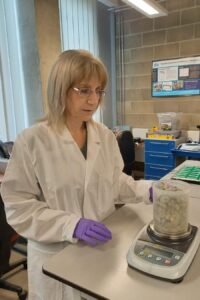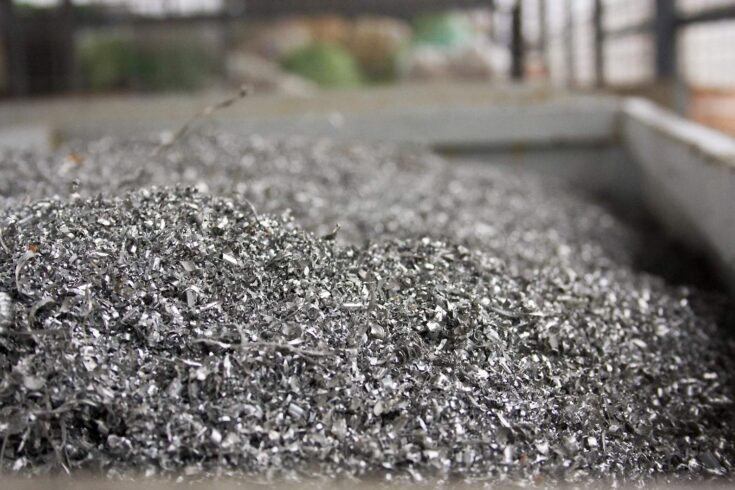DZP Technologies worked with The University of Warwick to develop the process through their collaborative project SILVER.
The project aims to recover silver from manufacturing waste and provide the UK with a domestic supply of a material that is critical to electrification.
Precious and in demand
Once considered a precious metal reserved for jewellery, coinage and fancy tableware, today silver is everywhere and has become an essential part of our lives. Silver is the most conductive metal, and it can be easily melted down (sintered) and used to form connections between components in electronic devices.
This makes it sought after as a component in everyday electronics such as smartphones. Demand for silver is increasing through the electrification of transport and growing need for power electronics to support the storage and conversion of renewable energy.
But industrial silver, as opposed to silver used in coins and jewellery, has to be imported to the UK, which has no domestic supply of its own.

Zlatka Stoeva, Managing Director of DZP Technologies. Credit: DZP Technologies
Processing with positive environmental impact
DZP Technologies led a feasibility study on the recovery and reuse of silver metal across the high technology value chains with The University of Warwick.
Together they developed a process for recovering silver from manufacturing waste and re-using it in the technology supply chain.
Traditional silver processing methods are energy intensive, using high temperatures, and are bad for the environment owing to their use of corrosive chemicals.
Using organic, compostable chemicals and lower temperatures, DZP Technologies’ new process resulted in close to 100% silver recovery.
Resilient and resource efficient
Projects like SILVER are playing an important part in UK manufacturing’s net zero ambitions and in addressing the urgent climate challenge.
The project demonstrates how manufacturing can become more efficient in its use of resources, through its recovery of manufacturing waste for reuse in electric vehicles and renewable energy technology.
Furthermore, by recovering silver in the UK, it is responding to and making the country more resilient against changes in global politics.
Bruce Adderley, Director for Make and Use at Innovate UK, said:
Silver is considered non-critical as it lies just below the UK Critical Minerals Intelligence Centre’s criticality threshold. However, practically all industrial silver formulations are imported from overseas and little is recycled.
Through this project, DZP has proven the feasibility of recovering this valuable resource from waste electronics, an important first step toward a more secure and sustainable supply.
Silver and other critical minerals
Innovate UK awarded DZP Technologies £78,492 to lead the SILVER project.
Managing Director of DZP Technologies, Zlatka Stoeva, said:
The project will ultimately increase our revenue because many of our customers are becoming cautious about the environmental impact of their products.
They value that we can explain how recycling might work for them, how to design their products, that they could be more easily recycled, which helps us get more business.
The company is now working on commercialising the process it developed on the project. This will include tailoring recovered silver to suit different end uses, for example, in the form of adhesives and pastes.
According to DZP Technologies, the process could even be used to recover other critical minerals as well as silver.

